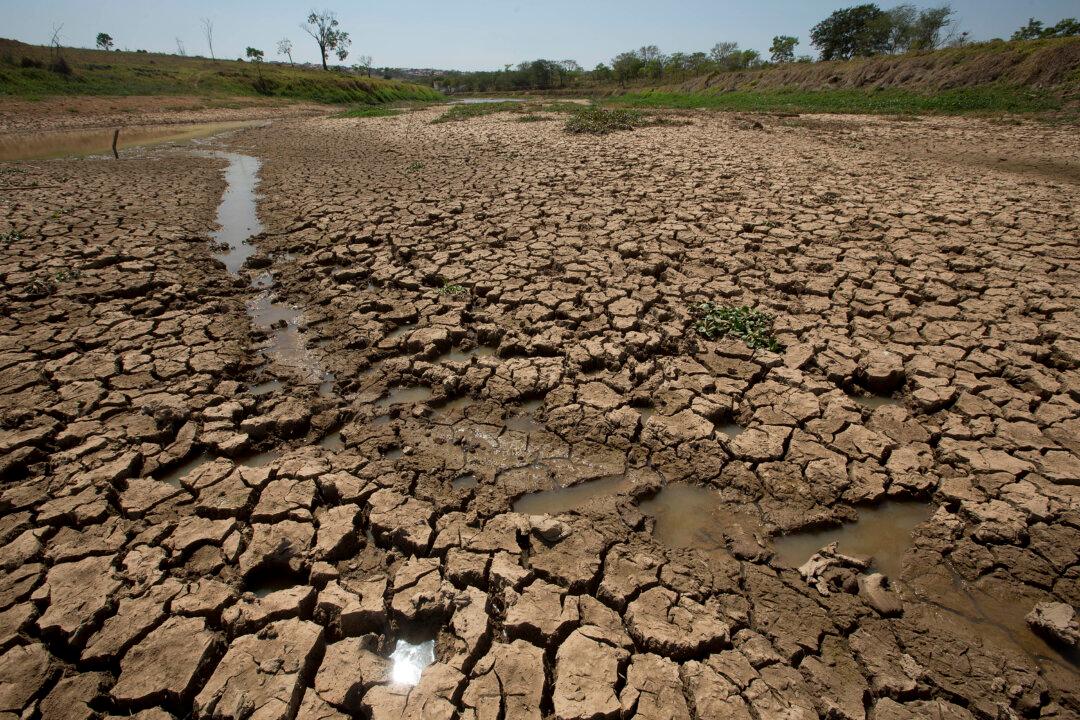The friction among advocates and politicians for or against coal versus fracked natural gas is sometimes like a bad marriage, neither is willing to back down and give up having the last word.
But, the fact of the matter is, in order to extract either of these natural resources, the earth takes quite a beating, which will have long-term negative environmental effects.
Here is a comparison of the extraction methods used for coal and natural gas.
Coal Mining:

Ukrainian coal miners wait for a bus after exiting the underground of the Zasyadko mine in Donetsk, Ukraine, on March 4, 2015. AP Photo/Vadim Ghirda





